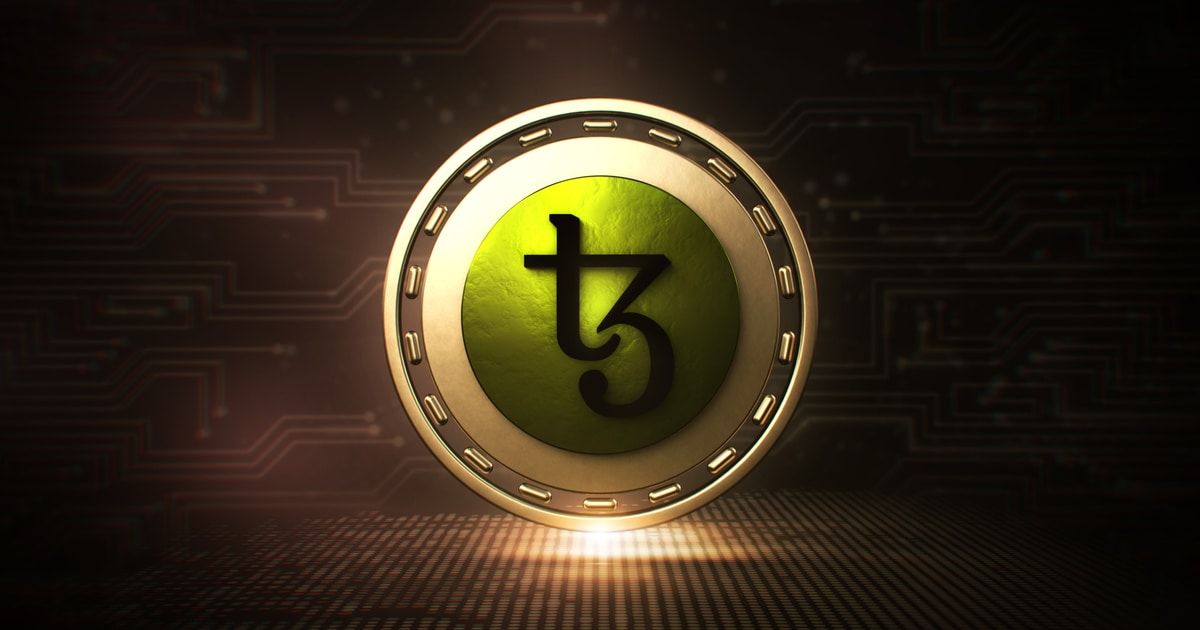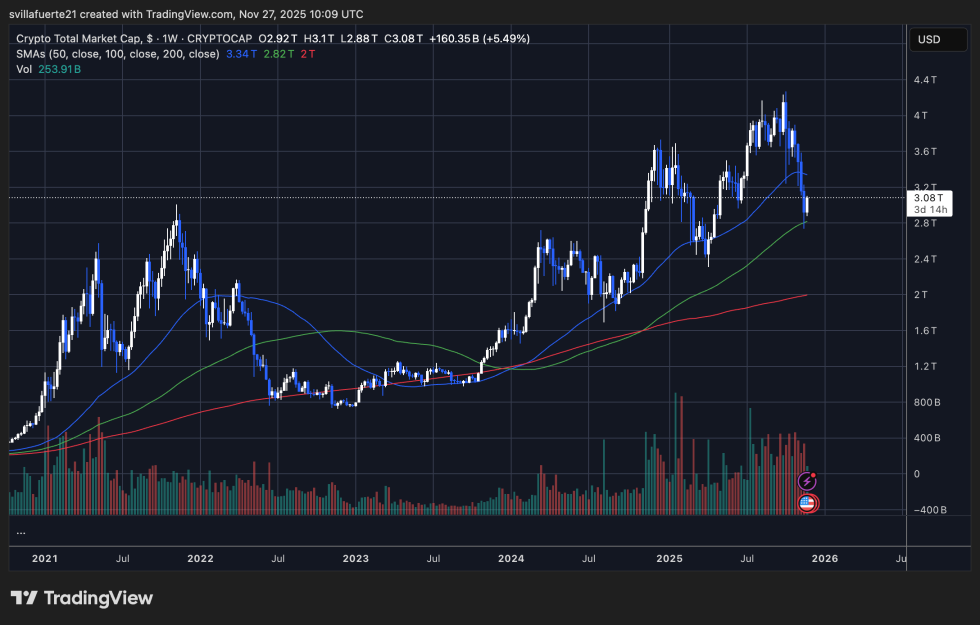Ethereum founder Vitalik Buterin has quietly redirected part of his growing on-chain privacy activity toward the encrypted-messaging space, donating a total of 256 ETH to SimpleX Chat and Session via the Railgun privacy protocol.
Onchain analytics firm Arkham first flagged the move, noting “VITALIK JUST SENT $2.9M $ETH TO RAILGUN. Vitalik holds over $700 MILLION of ETH, and just sent $2.9M into Railgun. What is he cooking?”
VITALIK JUST SENT $2.9M $ETH TO RAILGUN
Vitalik holds over $700 MILLION of ETH, and just sent $2.9M into Railgun.
What is he cooking? pic.twitter.com/2HvDFRDqi2
— Arkham (@arkham) November 26, 2025
Buterin Backs SimpleX And Session
Shortly after, Buterin confirmed the donations from his vitalik.eth account and framed them explicitly as a bet on the next frontier of privacy: permissionless and metadata-hardened messaging. “Encrypted messaging, like @signalapp, is critical for preserving our digital privacy,” he wrote. “Two important next steps for the space are (i) permissionless account creation and (ii) metadata privacy.” He then named Session and SimpleX as “two messaging apps pushing these directions forward.”
Buterin specified that he had “donated 128 ETH to each” project, providing their official websites for anyone wishing to “follow on,” and then pivoted from philanthropy to adoption: “But also, actually download and use them!”
The transactions to SimpleX and Session were executed via Railgun, a zero-knowledge privacy system on Ethereum that obscures the sender, recipient, token type and amount when interacting with smart contracts and DeFi protocols.
While Buterin has used Railgun and other privacy-preserving systems repeatedly over the past two years, he has often explained that such transfers typically represent “some donation to a charitable, non-profit, or other project,” rather than personal cash-outs.The latest pattern fits that narrative: funds routed into Railgun and then out to privacy-focused infrastructure and applications, this time in the messaging domain.
In his post, Buterin positions encrypted messengers as a crucial layer in the broader privacy stack alongside financial anonymity. He explicitly ties the importance of Signal-style end-to-end encryption to new requirements that go beyond content secrecy: “permissionless account creation” and “metadata privacy.” The first is about removing reliance on centralized, real-world identifiers such as phone numbers or email addresses in order to create an account. The second targets the far less visible but equally revealing exhaust of digital communication: who talks to whom, when, and from where.
Why The Ethereum Founder Supports Both Projects
Both SimpleX and Session are trying to address those problems in ways that diverge sharply from the mainstream model of phone-number-based, cloud-synced messengers. SimpleX’s own documentation emphasizes “complete privacy of your identity, profile, contacts and metadata,” stressing that the platform “has no identifiers assigned to the users – not even random numbers.”
Instead, users establish connections via QR codes or links, and communication routing is designed so that the service itself cannot reconstruct the social graph. Session, originally forked from Signal but rebuilt around onion routing and decentralized service nodes, is pushing a similar line: no phone numbers, Tor-like network-level obfuscation, and attention to metadata minimization.
Buterin is clear that his endorsement is not a claim that these apps are already finished products. “Neither of the two are perfect pieces of software, they have a way to go to get to truly optimal user experience and security,” he cautioned. He then sketched the core engineering problems that still need to be solved if “strong metadata privacy” is to coexist with the kind of convenience users now expect from mainstream messengers.
“Strong metadata privacy requires decentralization, decentralization is hard, users expecting multi-device support makes everything harder,” he wrote. He also flagged Sybil and denial-of-service resistance as a still-open design space: developers must harden “both in the message routing network and on the user side (without forcing phone number dependence).”
The latest donations also underline how Buterin increasingly uses his personal holdings to nudge the ecosystem toward specific priorities: privacy-preserving DeFi, open-source infrastructure, and now, metadata-resistant communication tools. In this case, he explicitly calls for more developer attention: “These problems need more eyes on them. I wish all teams working on these important problems best of luck.”
At press time, Ethereum (ETH) traded at $3,007.


You can get bonuses upto $100 FREE BONUS when you:
💰 Install these recommended apps:
💲 SocialGood - 100% Crypto Back on Everyday Shopping
💲 xPortal - The DeFi For The Next Billion
💲 CryptoTab Browser - Lightweight, fast, and ready to mine!
💰 Register on these recommended exchanges:
🟡 Binance🟡 Bitfinex🟡 Bitmart🟡 Bittrex🟡 Bitget
🟡 CoinEx🟡 Crypto.com🟡 Gate.io🟡 Huobi🟡 Kucoin.




















Comments